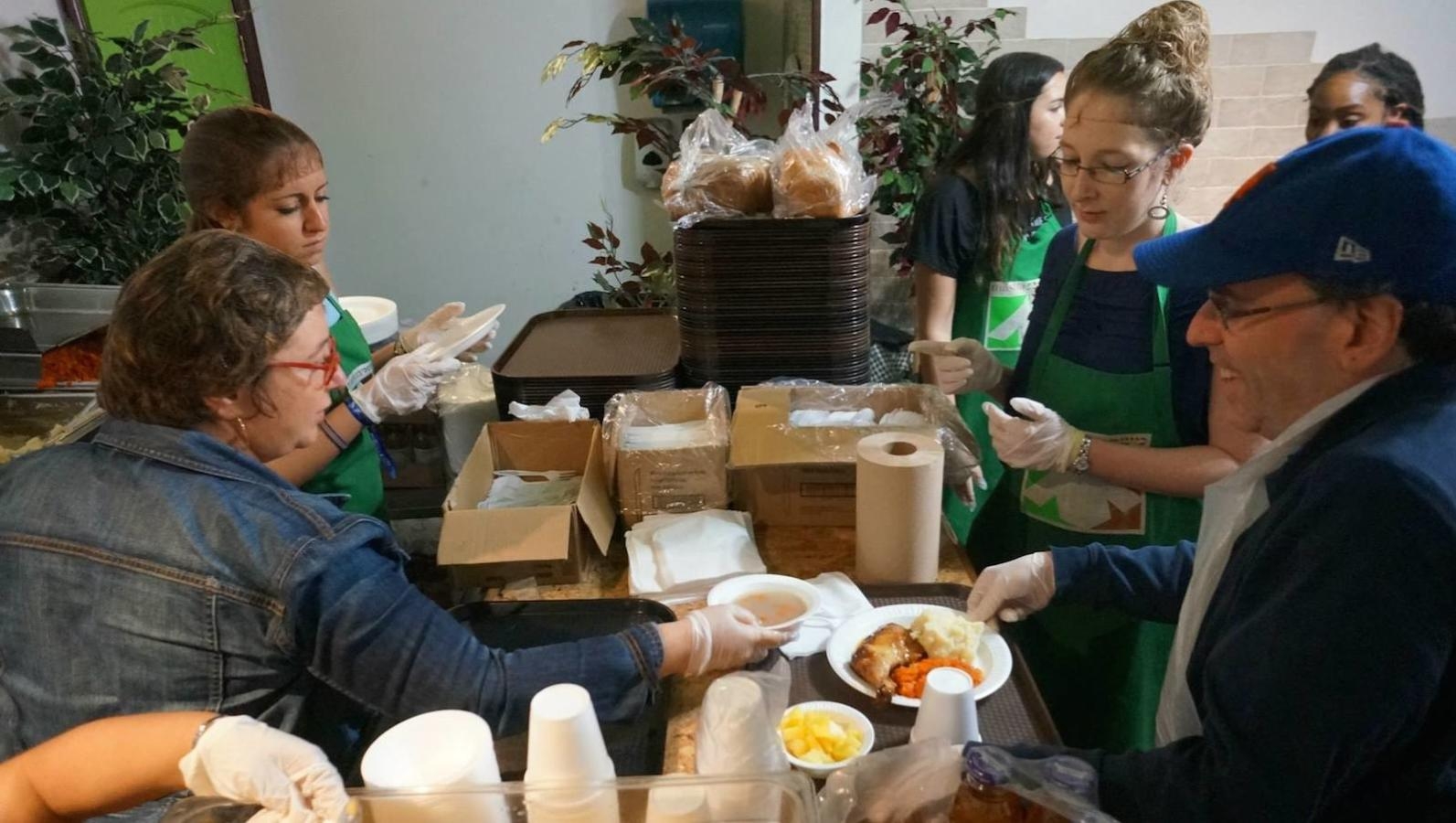Commentary on Parashat Miketz, Genesis 41:1-44:17; Numbers 28:9-15, 7:42-47
“In Egypt, before the years of famine came, Joseph became the father of two sons, whom Asenath daughter of Poti-phera, priest of On, bore to him.” (Genesis 41:50)
The Talmud reads these words from Parashat Miketz as a pointed reference to Joseph’s sons being conceived and born before the great famine begins. This close reading turns into law: during a famine, one should not have sexual relations (Ta’anit 11a).
Why refrain from sex during a famine? Common sense says it is ill-advised to create new mouths to feed in a time of food insecurity. Yet, the law here is not focused on the act’s result, but on the pleasure of its commission. Rashi explains that in times of disaster “a person needs to self-inflict suffering.”
According to this reading, Joseph abstains from sex during the famine as an act of solidarity with its victims. Self-denial in the face of tragedy reflects a profound desire to identify with another’s suffering.The even encourages those fortunate enough to have food during a famine to fast (Shulchan Aruch, Hilkhot Ta’anit 674:4).

Help us keep Jewish knowledge accessible to millions of people around the world.
Your donation to My Jewish Learning fuels endless journeys of Jewish discovery. With your help, My Jewish Learning can continue to provide nonstop opportunities for learning, connection and growth.
Solidarity in Self-Denial
Still, I’m bothered by these laws. Why is the correct way to share in the distress of the community to manufacture additional and unnecessary pain? Who is served by this?
A Hassidic story describes a wealthy man who prides himself on his self-denial. He comes to his rabbi’s home and brags that he eats only bread with salt and drinks only water. The rabbi, horrified, orders the wealthy man to eat rich and nutritious meals and to drink wine. After the rich man leaves, the rabbi’s disciples are puzzled. The rabbi explains, “Not until he eats meat will he realize that the poor need bread. As long as he himself eats only bread, he will think the poor can live on stones.”
It can be tempting to deprive ourselves of pleasure rather than face the challenge of repair. Yet self-denial for the sake of solidarity is a waste of privilege. It is imperative to use our gifts of wealth, education, and influence to improve conditions for the poor and powerless.
There is a tradition in Judaism of sharing abundance, especially in those moments when we feel it most strongly. “Let all who are hungry come and eat,” we say on Passover, the Jewish festival of freedom. Celebratory life cycle rituals, like weddings and brit milah ceremonies, were traditionally observed by inviting the poor to share in a communal meal.
Joy & Tragedy
My eldest son’s occurred in the aftermath of the 2004 tsunami. In true Jewish ritual fashion, the pain of tragedy mixed with a moment of profound joy. Along with our preparations for his brit, we gave a donation to the AJWS Tsunami Relief and Reconstruction Fund. My husband blessed our son, whose name means “gift,” with the prayer that he be of service to others. “I hope and pray for the happiness and health of our boy. But, I also hope that he may grow up to provide health and happiness for others–to be a gift not only to us, his parents, but a gift to the world.”
Bringing a child into the world can be an act of creativity and of hope. While Joseph refrains from fathering more children, his brother’s wife conceives Yocheved. And it is Yocheved who gives birth to Moses, the agent of Israel’s redemption from Egyptian slavery.
Rather than denying ourselves the pleasures of living in abundance, we bear responsibility to effectively and generously share the blessings we have received. This, our teaches, is the way toward redemption.
Provided by American Jewish World Service, pursuing global justice through grassroots change.



